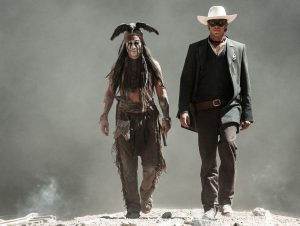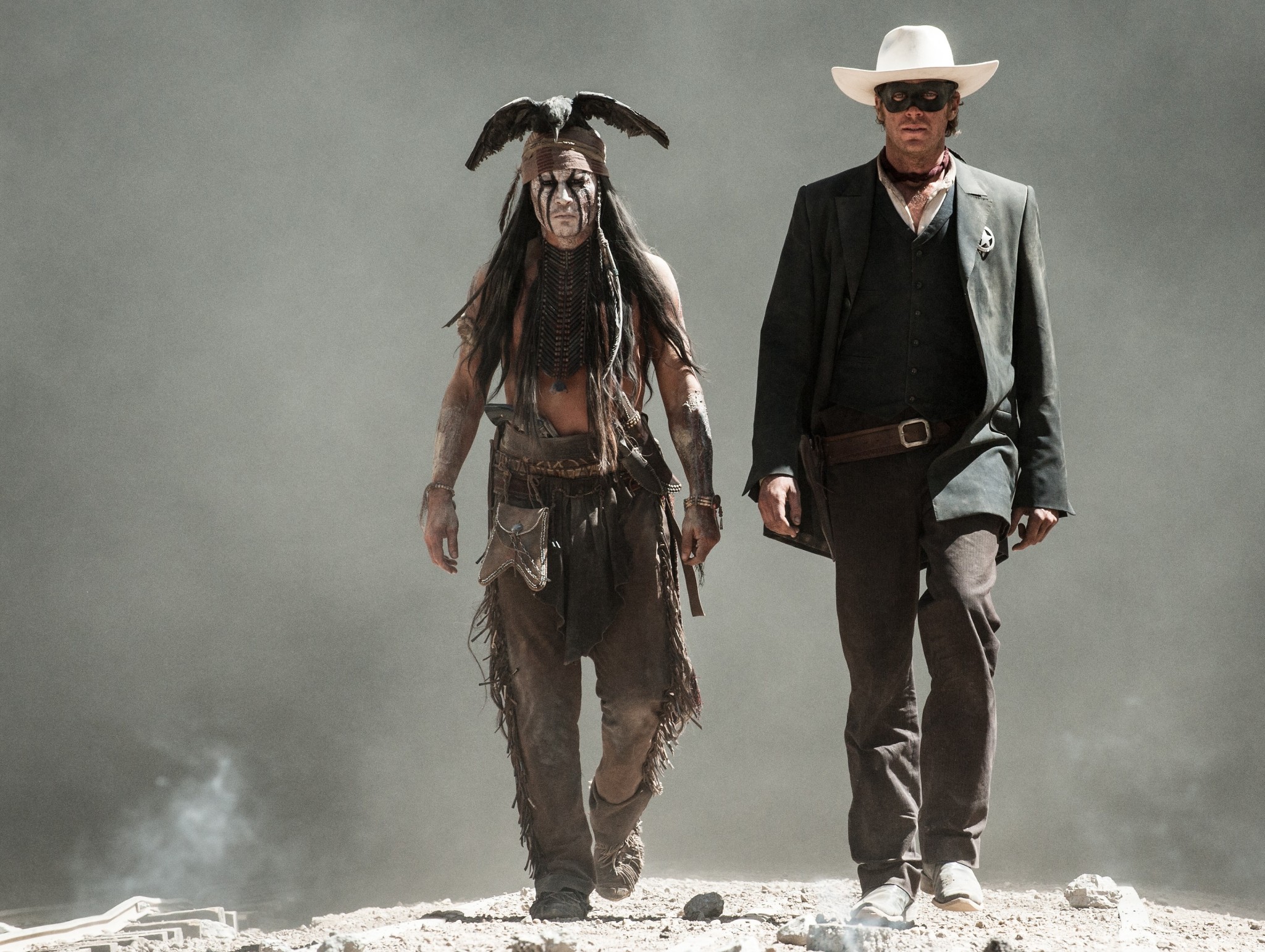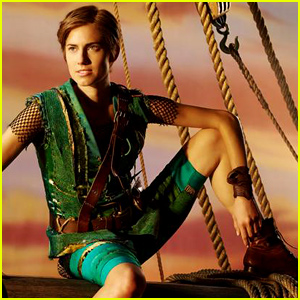Native Americans on Film
Posted on February 4, 2019 at 8:00 am
 It wasn’t that long ago that Native American characters in film were played by actors of other races, including Burt Lancaster, Audrey Hepburn, Anthony Quinn, Burt Reynolds, Johnny Depp, and Elvis Presley. Depictions are often wildly inaccurate, from the most basic details of dress, ceremony, culture, and history.
It wasn’t that long ago that Native American characters in film were played by actors of other races, including Burt Lancaster, Audrey Hepburn, Anthony Quinn, Burt Reynolds, Johnny Depp, and Elvis Presley. Depictions are often wildly inaccurate, from the most basic details of dress, ceremony, culture, and history.
It was just four years ago that Native American actors walked off the set of the Adam Sandler film, “The Ridiculous Six.” The fact that the movie was offensive to Caucasians and every sentient life form on the planet did not justify what the actors were being asked to do.
This week’s “Cold Pursuit” has real Native Americans playing Native American characters, and the one of the movie’s high points is when one of them uses their ethnicity — and the prospect of a withering Yelp review — to pressure a snooty hotel clerk into giving them a room. Most of the Native Americans in “Cold Pursuit” are criminals, but so are most of the rest of the characters.
Putting actors of Native American heritage in the movies is not enough. Letting them play characters who are not stereotypes, even better, letting them play characters where their ethnicity is not a defining characteristic– is a step forward. Best of all is the stories they tell by and about themselves, as in the endearing Smoke Signals.
Sierra Teller Ornelas writes in the Hollywood reporter that when she worked at the Smithsonian’s National Museum of the American Indian, many of the visitors asked for more information about what they had seen in the movies and it was almost entirely inaccurate.
We’re so invisible. And we’re so sick of explaining to people that we’re invisible. We have an abundance of great stories to tell. And even when we get to tell your stories, we make them so much better (see Taika Waititi’s Thor: Ragnarok). If traditional network and cable structures are about to straight-up implode, if people are finally desperate enough to try anything, then try me, or Sterlin Harjo and The 1491s, Sydney Freeland, Azie Dungey, Lucas Brown Eyes or all the other Native creators who are grinding and capable. Because if all content is indeed going the way of the streaming algorithm, I’m worried about what happens when you — and your voice and your stories — have never occurred to that algorithm.


